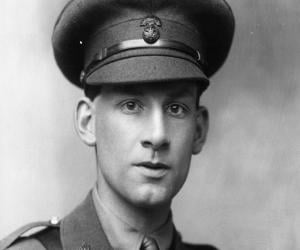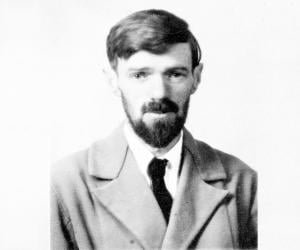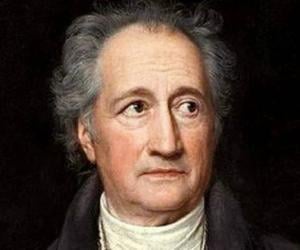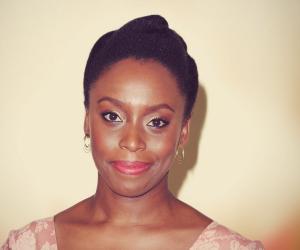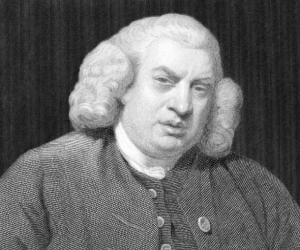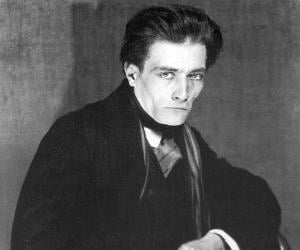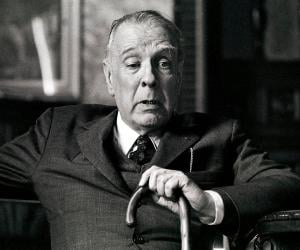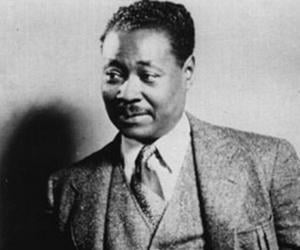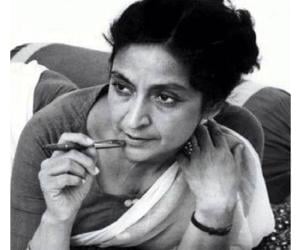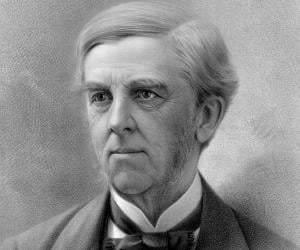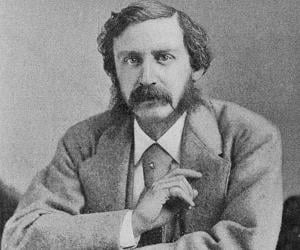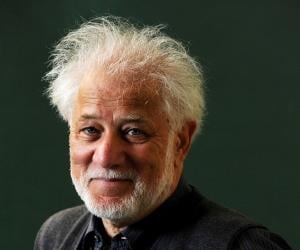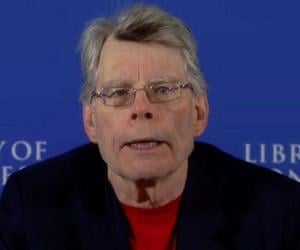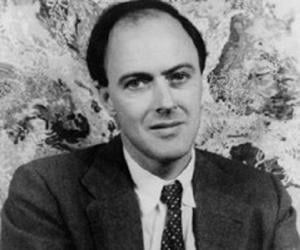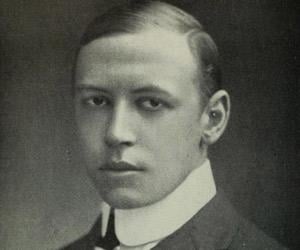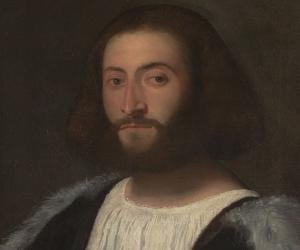Siegfried Sassoon was an English writer, poet, and soldier. One of the most popular poets during the First World War, Sassoon's works satirized the patriotic pretensions of those accountable for the war as well as described the horrors of the war. Siegfried Sassoon's works and ideology greatly influenced another leading poet of the First World War, Wilfred Owen.
English writer, D. H. Lawrence, was known for exploring sensitive issues, such as sexuality, emotional health, and instinct. In his works, he often reflected upon the dehumanizing effects of modernity and industrialization. The sexual nature of his writings earned him many enemies. Even though he died at the relatively young age of 44, he left behind a rich literary legacy.
Regarded as the greatest literary figure in Germany's modern era, Johann Wolfgang von Goethe was a statesman and writer. Apart from writing poetry and prose, he also wrote treatises on color, anatomy, and botany. Thanks to his literary genius, Goethe was made part of the Duke's privy council in Weimar and he implemented several reforms at the University of Jena.
Chimamanda Ngozi Adichie is a Nigerian writer and feminist. She is popular for writing novels, such as Purple Hibiscus and Half of a Yellow Sun. She is credited with popularizing African literature among a new generation of readers, especially in the United States. In 2015, she was named in Time magazine's list of 100 Most Influential People.
Essayist, biographer, lexicographer, and literary critic Samuel Johnson, or Dr. Johnson, is remembered for his A Dictionary of the English Language and Lives of the Most Eminent English Poets. He was also a poet, a playwright, and a staunch Tory. His mannerisms indicated he had Tourette syndrome.

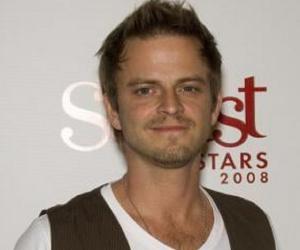
Antonin Artaud was a French writer, poet, dramatist, and theater director. Known for his raw, surreal, and transgressive themes, he was a major figure in 20th-century theater. He outlined his theories in the Theatre of Cruelty movement, expressed in the form of essays and plays. He died of cancer at the age of 51.

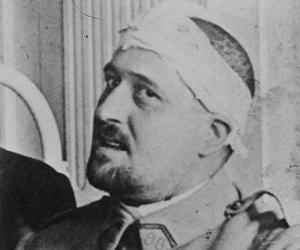
French poet Guillaume Apollinaire was a significant figure of the avant-garde movement. It is believed he had coined the terms Cubism, Surrealism, and Orphism. Known for his iconic poem Chanson du mal-aimé, written after being rejected by a lover, he also developed the typography-based concrete poetry in the collection Calligrammes.
Jorge Luis Borges was an Argentine essayist, poet, short-story writer, and translator. An important figure in Spanish-language literature, Jorge Luis Borges' works have contributed immensely to fantasy and the philosophical literature genre. It is also said that his works, which incorporated themes like labyrinths, dreams, and mythology, marked the beginning of 20th-century Latin American literature's magic realist movement.
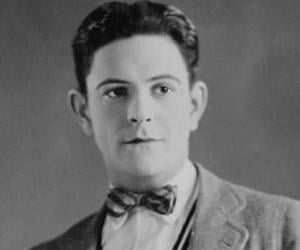
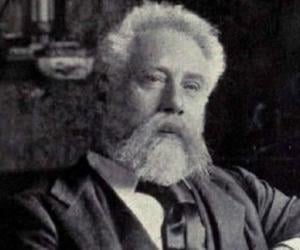
Best known for his short poem Invictus, William Ernest Henley was a Victorian-era British poet and author. A disease he contracted in childhood caused one of his legs to be amputated. It is believed, he was the inspiration behind the crippled character Long John Silver in RL Stevenson’s Treasure Island.
Claude McKay was a poet who played an influential role in the Harlem Renaissance. Remembered for his work If We Must Die, a poem written in response to mob attacks on African-American communities by white Americans, McKay was named the national poet of Jamaica in 1977. For his contribution to literature, he was posthumously honored with the Order of Jamaica.
Amrita Pritam was an Indian poet, essayist, and novelist who wrote in Hindi and Punjabi languages. She is widely regarded as the first major female Punjabi poet and the leading Punjabi-language poet of the 20th century. In 1956, she was honored with the Sahitya Akademi Award, becoming the first woman to receive the prestigious award.
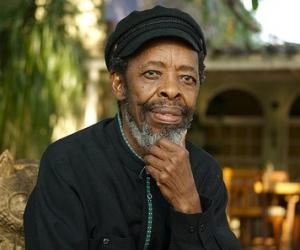
Keorapetse Kgositsile was a South African Tswana journalist, poet, and political activist. During the 1960s and 1970s, Kgositsile played an important role in the development of the African National Congress. Keorapetse Kgositsile helped bridge the gap between black poetry in the United States of America and African poetry. He was inaugurated as the nation's National Poet Laureate in 2006.
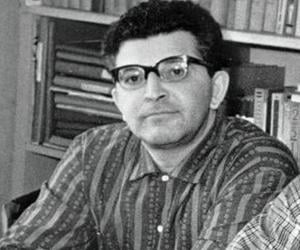
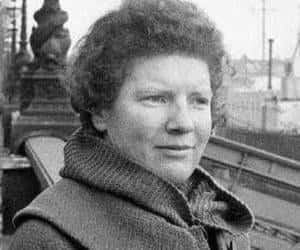
Initially trained to be a schoolteacher, Janet Frame later soared to fame with her short stories, poems, and her 3-part memoir, including An Angel at My Table. Misdiagnosed as schizophrenic, she spent almost a decade in mental hospitals. She wrote most of her works while in psychiatric care.
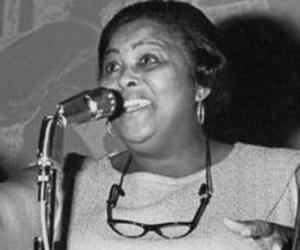
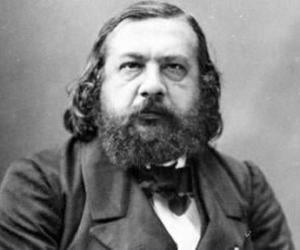
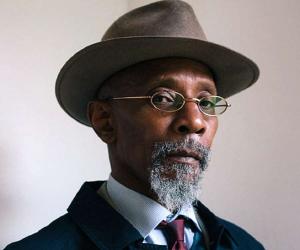
Linton Kwesi Johnson is a Jamaican-born British-based activist and dub poet. He is best known for his poetry that deals with the experiences of an African-Caribbean in Britain. Linton Kwesi Johnson was honored with the PEN Pinter Prize in July 2020.
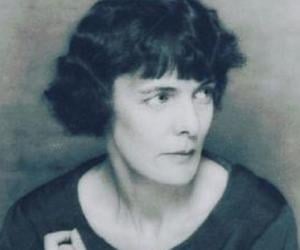
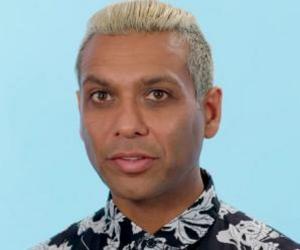
Sjón is an Icelandic poet, lyricist, screenwriter, and novelist. He is best known for his frequent collaborations with singer-songwriter and composer Björk. Sjón's works are widely read and have been translated into many languages. Over the course of his career, Sjón has won several prestigious awards such as the Nordic Council's Literature Prize and DV Newspaper Culture Prize.
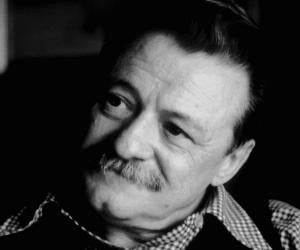
Mario Benedetti was a Uruguayan novelist, journalist, and poet. Widely regarded as one of the 20th century's most important writers in the Spanish-speaking world, Benedetti was a key member of the Generation '45. Benedetti's works were published in 20 languages and he also contributed to the weekly newspaper, Marcha, where he served as the literary director from 1954 to 1973.
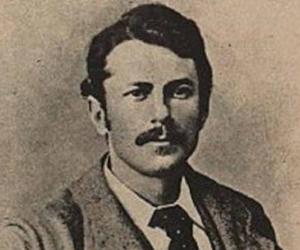
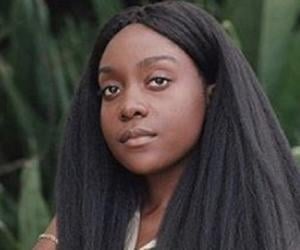
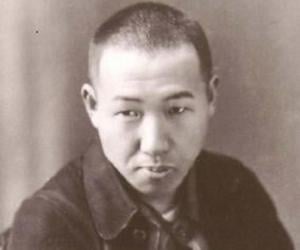
Michael Ondaatje is a Sri Lankan-born Canadian poet, writer, and filmmaker. Born in Sri Lanka, he eventually migrated to Canada. He studied at Bishop's University and embarked on a teaching career. His literary works include poems, novels, and essays. He is the recipient of multiple prestigious awards, including the Giller Prize and the Booker Prize.

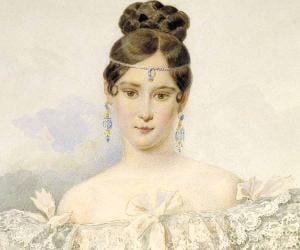
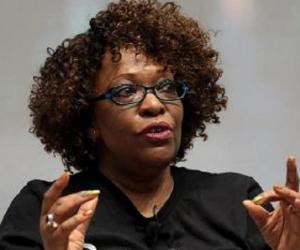
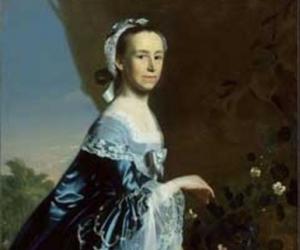

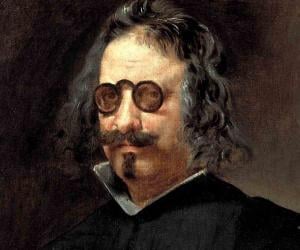
Spanish nobleman, politician and writer Francisco Gómez de Quevedo y Santibáñez Villegas, KOS of the Baroque era is counted among the most prominent writers of Spain's Golden Age. Quevedo adhered to the conceptismo style compared to his lifelong rival, Luis de Góngora’s culteranismo style. His notable works include the picaresque novel El Buscón and the satirical prose Los Sueños.
One of the most popular American authors, Stephen King has sold over 350 million copies of his works. Many of his books have been adapted into television series, miniseries, and films. One of the most decorated authors, King believes in giving back to society as he and his wife are noted philanthropists.
British writer, Roald Dahl, is considered as one of the greatest children’s authors. He is one of the best-selling authors of all-time and had a career spanning decades. Charlie and the Chocolate Factory, James and the Giant Peach, The Witches, The Twits and Matilda are some of his classic works. He also wrote short stories and novels meant for adults.
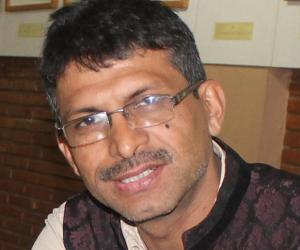
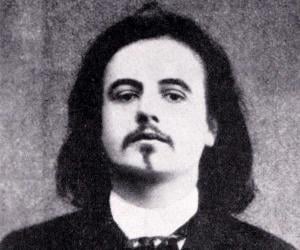
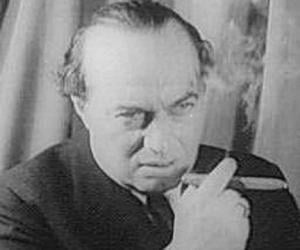
Franz Werfel worked in a shipping house and fought in World War I before making his mark as an Expressionist poet. His fame rests on the iconic novels The Song of Bernadette and The Forty Days of Musa Dagh, with the former being turned into a four-time Academy Award-winning film.
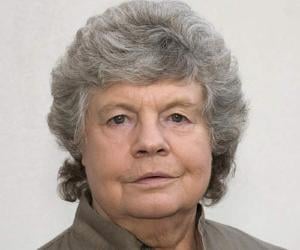
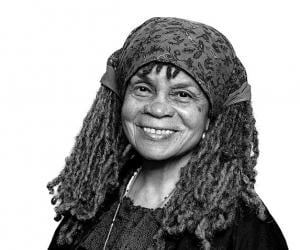
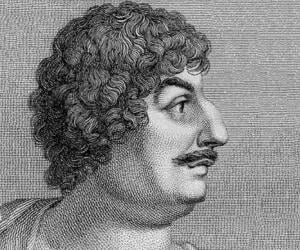
Best remembered for penning the lines "Gather ye rosebuds while ye may," poet Robert Herrick wrote everything from elegies to love songs and religious verse, and was inspired by English folklore. He was a true Cavalier poet, who wrote verses in support of King Charles I.
Ludovico Ariosto was an Italian poet best remembered for authoring the epic poem Orlando Furioso, which describes the adventures of Orlando, Charlemagne, and the Franks. Ariosto is also credited with coining the term humanism, which is among the most commonly used words by modern philosophers.
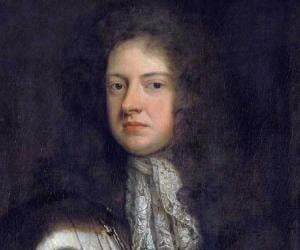
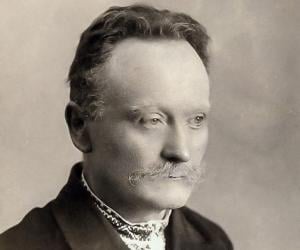
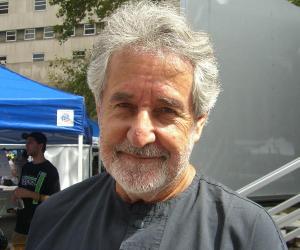
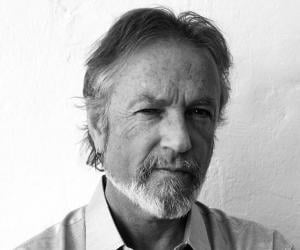
Steve Kilbey is an English-Australian singer-songwriter and bass guitarist best known for his association with the rock band The Church. He performs as a solo artist as well and has 14 solo albums to his name. A multi-talented personality, he is also a poet, painter, and music producer. As an artist, he has had at least two exhibits in US.
